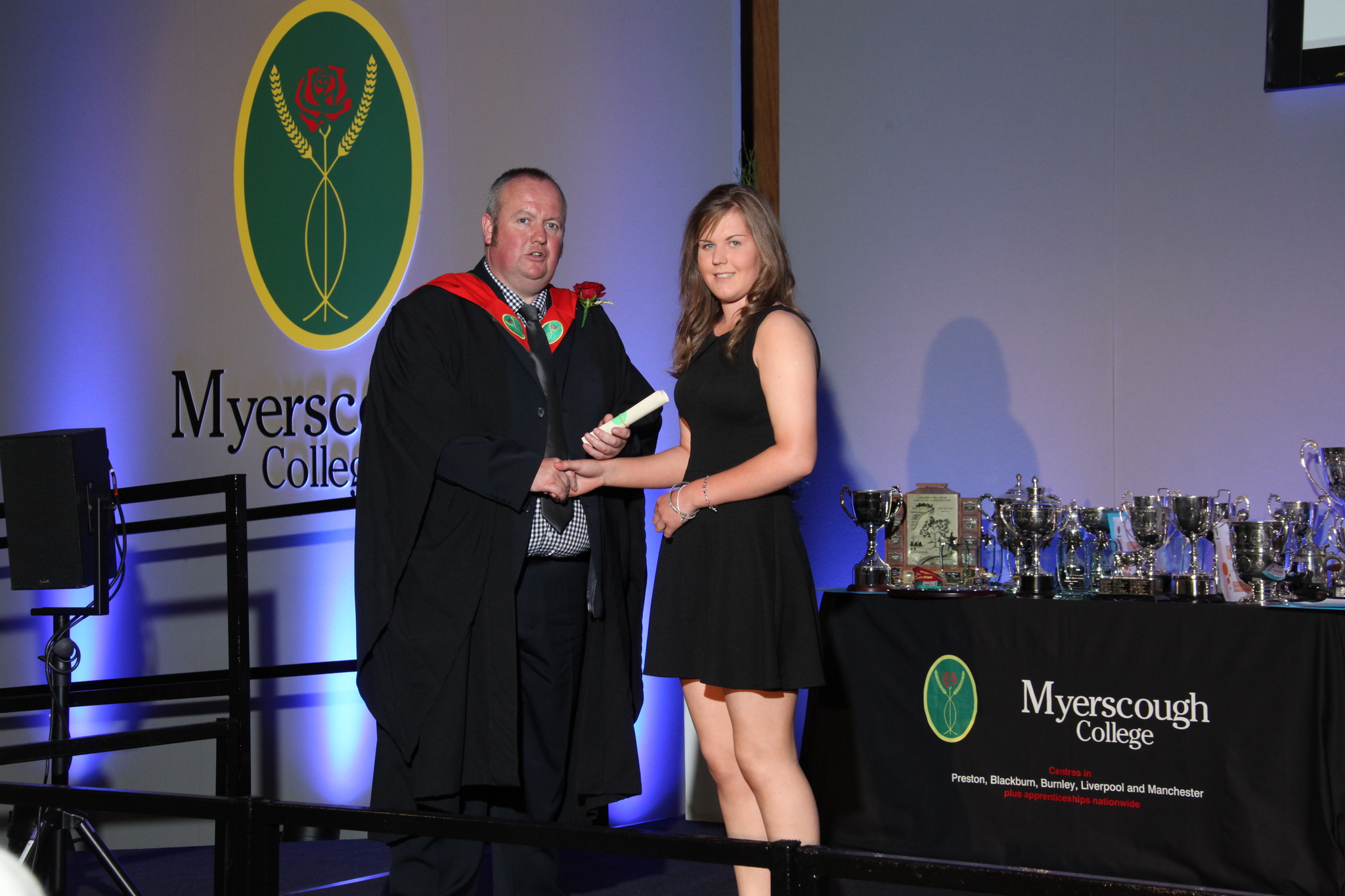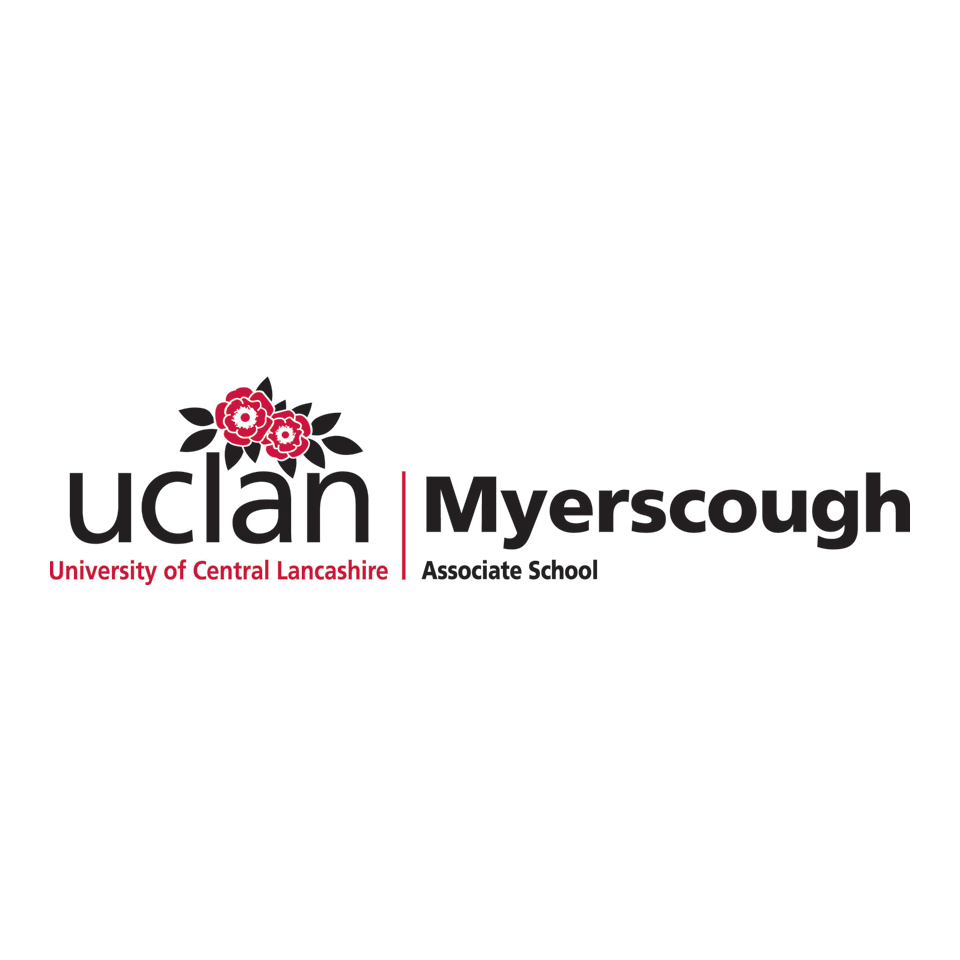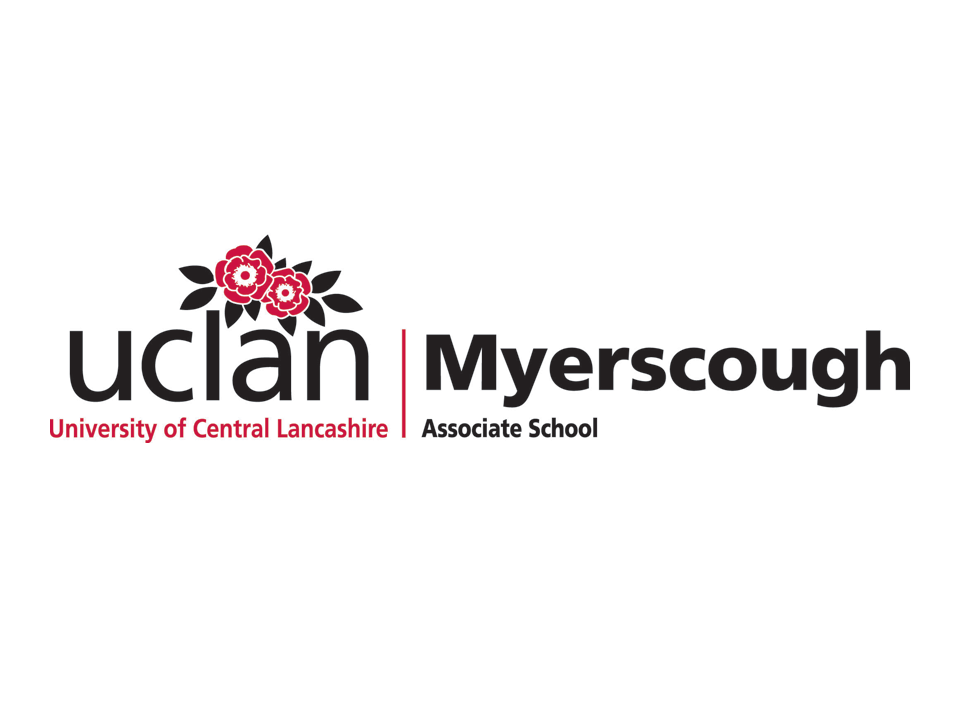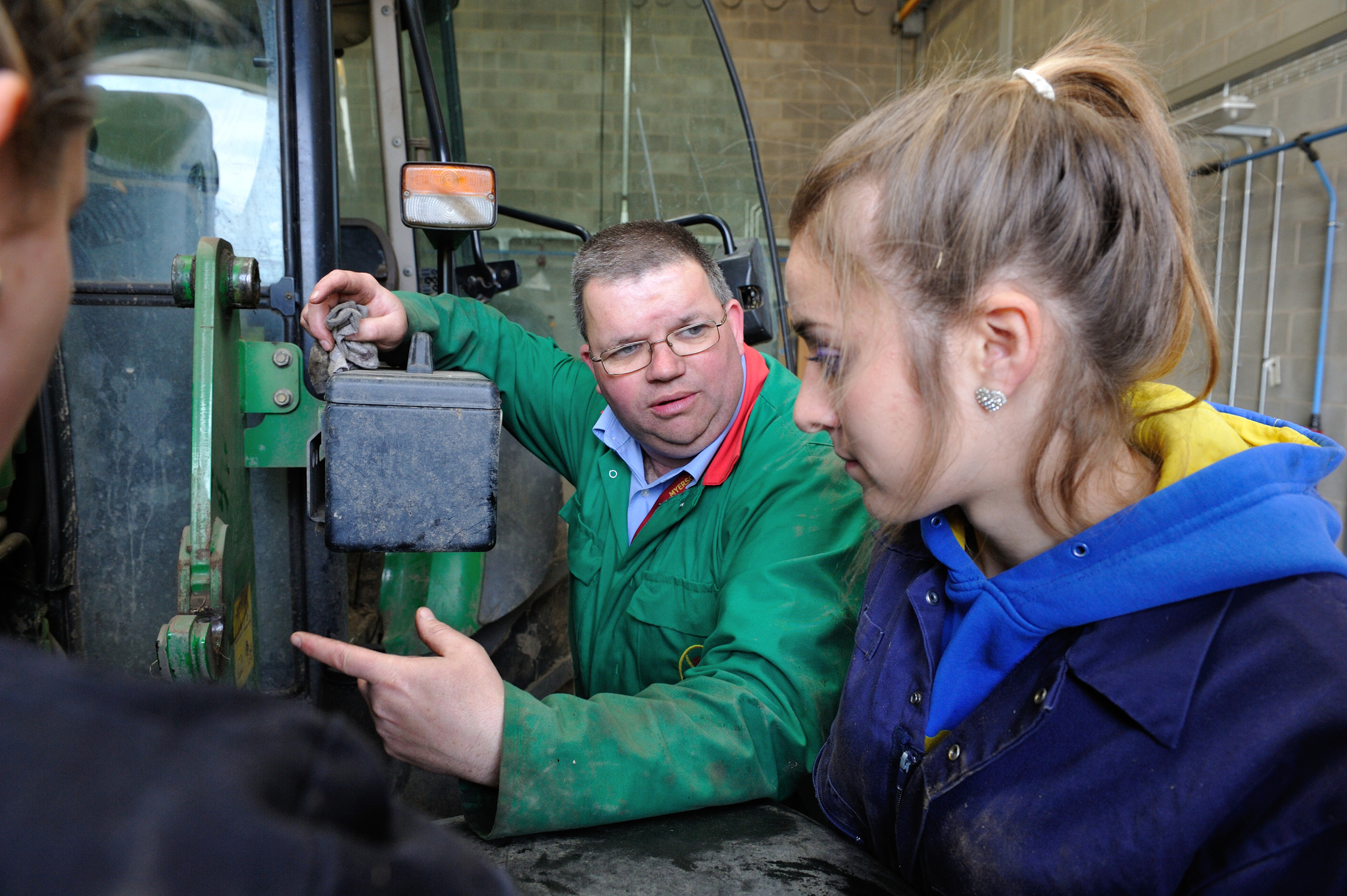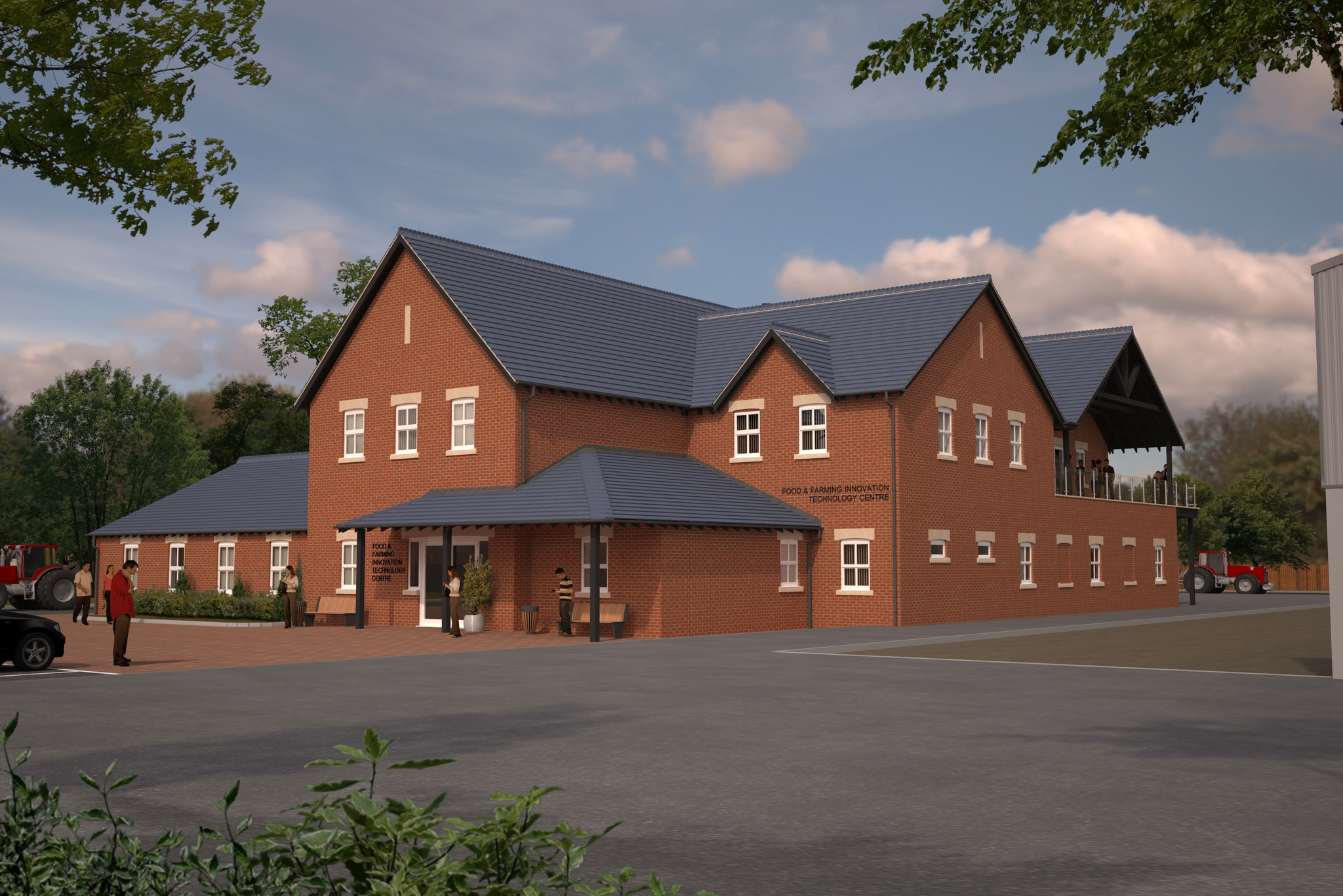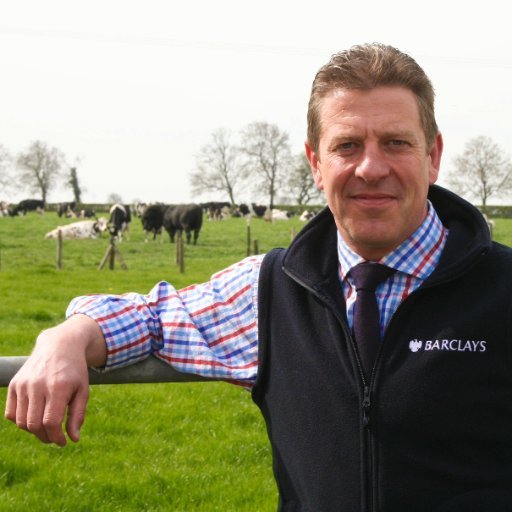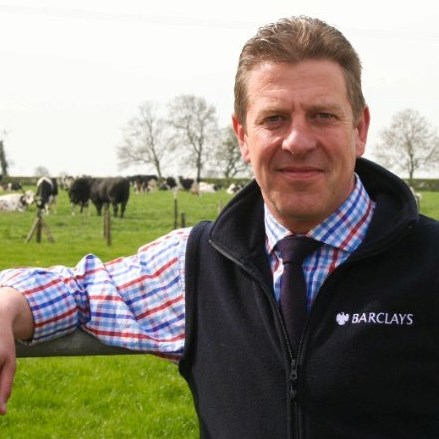Course modules
Year 1
Research Project (Double module)
An opportunity for a student to pursue an in-depth study of the student's own choice which is related to their substantive areas of study. Students will work independently, under limited supervision, in order to develop and demonstrate their research and academic skills and abilities. The dissertation will normally be based on an academic topic using primary and/or secondary data collection techniques. In both cases academic theory is to be critically evaluated and applied to the research topic.
Business, Leadership and Supply Chain Management (Option)
This module takes a holistic view of the food and farming sector and evaluates the agriculture supply chain to identify where and how most efficiencies are made. The UK’s agricultural productivity, its performance and competitiveness with other countries and the impact this has on UK Agriculture in a global market will also be explored. Students will develop the ability to identify and evaluate innovation, technology and management opportunities that will lead to improved productivity and competitiveness, essentially contributing to a sustainable agriculture industry.
Developments in Global Land Use (Option)
A module that critically evaluates the issues with current global land uses. In particular, it will focus on subjects such as climate change, energy use, water management and soil degradation and how current techniques could be altered to achieve lower impacts. Students will explore the methods by which changes in rural land uses can ameliorate environmental change and point to a more sustainable future.
Advances in Crop and Livestock Technology (Option)
This module considers advances in science and technology to optimise integrated farm management for livestock and crop production. Drivers for change, both internal and external to the industry, will be analysed and their future influence debated. Students will develop critical evaluation skills to establish how science and high-cost investments should be utilised and managed and gain awareness of science and technology sectors for potential future employment opportunities.
Sustainable Crop Science
This module takes a holistic approach on the development and application of innovative techniques needed for sustainable crop production in the UK and worldwide, ensuring food security and a sustainable environment for future generations. Students will explore the advances in the application of emerging sustainable technologies and practices in crop production, including soil management, water use efficiency, plant nutrition, crop protection and crop improvement.
Sustainable Livestock Science
Students will explore the advances in the application of scientific research to emerging sustainable extensive and intensive livestock production systems, including water and feed use efficiency, animal nutrition and breeding.
Entry requirements & additional information
- Entry requirements
- Learning and assessment
- Progression
- Careers
- Professional accreditations
- Special requirements
Entry requirements
Foundation Degree or HND in a related subject or 2 years (one at Level 4 and the other at Level 5) of Honours Degree work in a related discipline achieved at 'pass' standard or above. Applicants with alternative equivalent qualifications will also be considered positively. Applicants must also produce evidence of successfully completing a research based module at level 5.
Applicants for whom English is a second language must be able to demonstrate proof of International English Language Testing System (IELTS) at level 6.0 (with no component score lower than 5.5) or equivalent.
All offers may be subject to successful interview
Learning and assessment
Learning activities on the course are diverse, including lectures, seminars, tutorials, practical sessions and workshops.
This course makes use of the extensive on-site research facilities and the College farms.
Students are expected to undertake extensive independent study and research to support lectures, seminars and assessments. Group work and group presentations form an important part of the course. Students will have access to specialist IT hardware and software, an on-line learning environment and reference facility.
Students will face a variety of assessments including examinations, essays, debates, assignments, technical reports, group and individual presentations, individual study projects and industry based case studies.
Additional Information:
Study trips may include visits to a variety of successful agricultural livestock and arable enterprises in the Cumbria, Cheshire, Lancashire, Yorkshire and Wirral areas. These farm businesses have welcomed Myerscough student visits to supplement the learning in specific modules. Farm diversification and commercial energy generation projects may also be visited including wind farms, large scale anaerobic digestion units and biomass plants.
Attendance at national events and conferences including British Cattle Breeders annual conference, Cereals, Dairytech, Croptec Potato Industry Event etc . There may also be opportunities for students to attend National Farming Seminars held by AHDB, NFU etc. for networking. Further to this, subject to interest, International Study Tours may also be offered to farms in Canada, USA and Ireland where possible.
Guest speakers often visit and may include industry experts in areas such as crop production, crop protection and marketing, agricultural waste management, animal nutrition, livestock technology, AI and breeding.
What work experience can I get?
Through core modules and electives students will gain hands on experience in a variety of scenarios to build skills that can be used in a working environment.
Progression
On successful completion of the course, students may apply for further qualifications such as MSc, M Phil or PhD
Careers
Graduates will be in a position to apply for posts available in the agricultural industry (and other related industries) including:
Agricultural finance and insurance
Agricultural journalism
Agricultural or crop or Livestock Research
Agronomist
Animal Nutritionists
Consultants
Contractor
Farm Business Advisor
Feed Sales Management
Field Trials Officer
Food Supply Chain Manager
Lecturers
Livestock Breeding specialist
Livestock specialist
Sales Representative/Consultant
Veterinary Drugs Representative
Professional accreditations
Students will be encouraged to develop and maintain links with local and national agricultural organisations such Tenant Farmers Association, NFU, AHDB, EBLEX, Breed Societies, NBA, NSA, RASE, Soil Association, agricultural discussion groups and Young Farmers Associations
Special requirements
Extra Costs:
Additional costs for items that are essential for the course:
- Waterproofs, safety boots, wellingtons and overalls - £100
Additional costs for opportunities and items that are optional for the course include:
- Conferences - £100
- Field trips and visits (including possible overseas trips) - £1,100
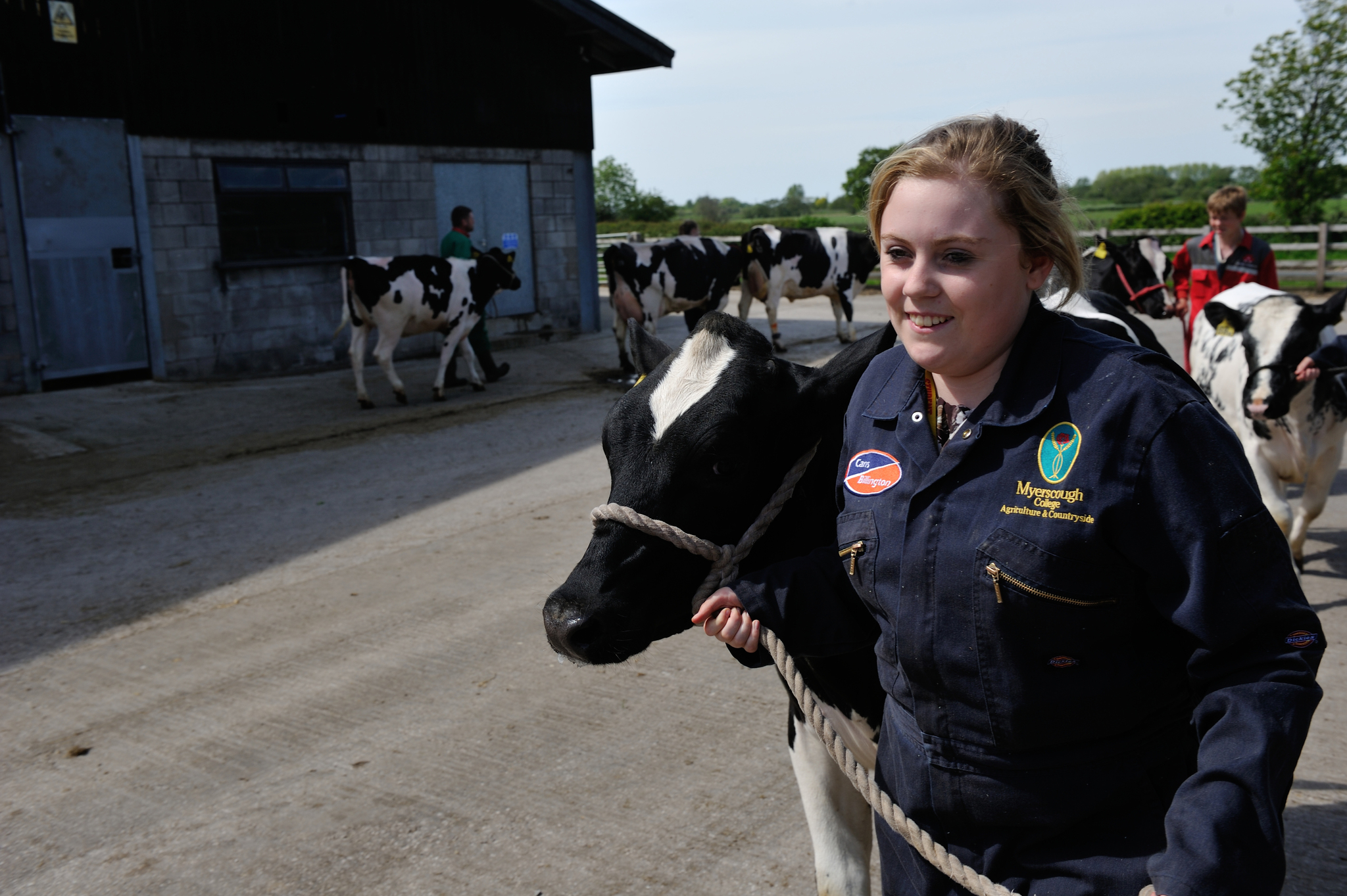

Latest news, Agriculture
-
Myerscough’s vital farm support celebrated by The King at Buckingham Palace reception
- Published
- Wednesday 19 March
-
Agriculture student awarded prestigious scholarship to further learning
- Published
- Tuesday 11 March
-
Colleges Week: Building brighter futures
- Published
- Tuesday 4 March
-
Inspiring the next generation of cyber specialists
- Published
- Wednesday 26 February
-
Royal memories rekindled as family revisit Lodge Farm 65 years on
- Published
- Monday 6 January
